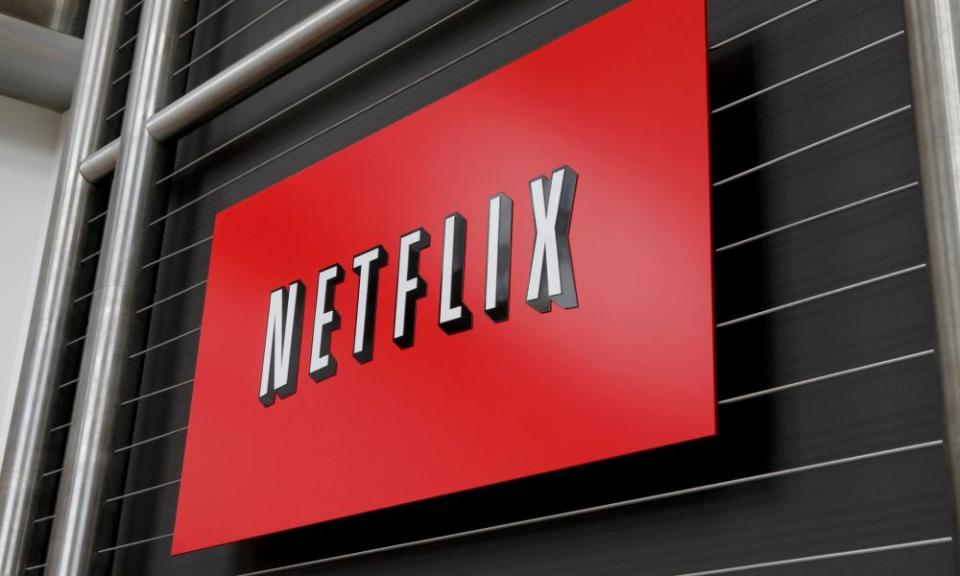Can I give up my landline and use 4G broadband?

When we went travelling, we gave up our Virgin contract for an internet and TV package. We have been using Three’s “Feel at home” for mobile phone internet access on data roaming quite successfully. Now, going home, I am wondering about signing up for Three’s 40GB HomeFi. It has to cover our home internet needs – two computers, two mobile phones – in central Edinburgh. I’m not bothered about internet TV because we can get a new DVD player/Freeview HD recorder. Would this be feasible? Paul
The general answer is no. Today, most people are better off paying for a wired internet connection. The specific answer is: it depends.
Millions of people have replaced wired with mobile broadband for a variety of reasons. These include the (low) quality of the wired broadband available, their online needs, and their personal situation – like you, they might be travelling, either for business or pleasure.
Consider a family with two teenagers who watch lots of movies on Netflix, stream music on Spotify and play online games. They will probably use well over 100GB a month, and would benefit from having the fastest unlimited broadband they can get. By contrast, singletons who only use broadband for email and social networking can probably manage with a 4G service, though it may not save them any money.
Of course, the final decision will depend on what’s available. Type your post code or phone number into the UK Broadband Availability Checker at Sam Knows to find out which companies offer broadband services in your area. Click the Wireless button for wireless services such as Blaze, Lothian Broadband and Urban Wimax. There are dozens of these FWA (Fixed Wireless Access) systems in the UK, using wireless systems such as Wimax, which are not 3G/4G networks. Check reviews at ISP Review and similar websites before you sign up.
Sam doesn’t know about 3G/4G services, but you can check those with Ofcom’s free broadband and mobile checker app for Android and Apple’s iOS.
If you live in central Edinburgh, you should have plenty of options. Virgin does not appear to offer cable in the city centre, but Virgin, BT and CityFibre (sold to business users by Commsworld) all have fibre networks.
Cellular broadband
The 3G networks launched in the UK in 2003 were too slow to replace wired broadband. However, in 2012, we got the first 4G networks, offering speeds of 8-12Mbps, and current versions generally offer 18-24Mbps. In theory these are fast enough. The main drawbacks are the availability of 4G services, the variability of download speeds, and the high prices.
Cellular networks are expensive to build and run, and being designed originally for voice calls, they have limited bandwidth. This is reflected in the high prices they now charge for data, and the even higher prices they charge once you go over your data cap.
If you sign up for Three’s HomeFi, you get 40GB for £24 per month, which is a fairly reasonable £1.67 per gigabyte. However, once you have used your allowance, you have to buy an add-on. These appear to cost either £10 for 1GB, or £15 for 3GB.
Cellular networks also prioritise voice calls, which means they may limit “tethering” (using a mobile phone to connect a PC to the internet) or block it altogether. Either way, “contention” – too many users competing for a limited resource – is more of a problem with cellular than with landline networks.
One operator, Giffgaff, explains why it uses Traffic Flow to maintain services. It says that “as few as 1% of members were using around 30% of the total network resource. This unfair distribution causes an inconsistent experience for the majority of members”. In fact, “there are examples of members using double the average monthly network resource within a single day, during peak hours.” As a result, it now limits people who use its Always On service to 6GB of data at full speed, after which it caps the speed at 384kbps between 8am and midnight.
Contention problems are more likely in big cities, but your 4G performance may be perfectly acceptable in the evenings when fewer people are making phone calls.
You may be able to find test results for your local area at Broadbandspeedchecker.co.uk or uSwitch etc, though most of the tests are of wired not wireless broadband.

5G cometh
The next generation of mobile broadband is already being tested in the UK, and 5G FWA broadband should be a viable substitute for landlines, depending on how it is priced. It might be available in 2020. Arqiva has negotiated the rights to install small cells on tens of thousands of lampposts in a dozen London boroughs, and a few cities including Manchester, Southampton and Colchester.
Also, Ofcom is about to auction 190MHz of spectrum for 5G in the 2.3GHz and 3.4GHz bands. These are similar to the 2.4GHz and 5GHz used for wifi.
It’s not clear how much speed 5G will actually deliver, but more than 100Mbps should be practicable, given that 1Gbps is theoretically possible. However, like fibre and cable broadband, I expect 5G FWA will mainly be available in town centres and rich suburbs.
DIY options
Three’s HomeFi system includes a Huawei B310 router, which costs £59.99 but is free if you sign a 12-month contract. Alternatively, you could buy your own 4G router and shop around for cheap sim-only data deals. TP-Link’s M7350 is a popular option, though Scan now lists it as “end of life”. One of its advantages is that it’s not locked to a particular network.
The Huawei E5577C (£69.99) is an obvious alternative, but there are many others, right up to the Asus 4G-AC55U (£232.37).
Note that performance will depend on how close you are to the 4G mast, and whether there are any walls or buildings in the way. If you choose a router that can take two or more antennae, or preferably an internal or external LTE aerial, you should be able to get a faster connection. Unfortunately, you may also have to learn about SMA, CRC9, TS9 and TS7 connectors.
Catch-up TV
Your suggested Panasonic DMR-EX97EB DVD/Freeview recorder looks like a good choice, though you might consider opting for Blu-ray instead of DVD. One advantage is that you can use the EPG (electronic programme guide) to record whole series rather than individual programmes. The disadvantage is that you can’t watch catch-up TV without an internet connection.
If you have an unlimited connection, you can happily use services such as BBC iPlayer, and if your broadband isn’t fast enough to watch them live, you can download them to watch later.
According to Netflix, a standard definition movies consume about 0.7GB per hour, high-definition movies about 3GB per hour, and Ultra HD movies 7GB per hour. You won’t want to do much of that if you are paying Three £1.67 per gigabyte, let alone £5 or £10 per gigabyte.
However, if your broadband consumption is light, you may find you have spare bandwidth that you can use up at the end of each month.
No landline?
Standard broadband services are usually delivered over a landline, which can cost roughly £15 to £20 per month. The wholesale price of these connections, supervised by Ofcom, pays BT’s Openreach division to operate and maintain the network.
If you have an alternative connection, such as Virgin cable or 4G broadband, then you might save money by not having a landline. However, bear in mind that BT has a standard reconnection charge of £130.
Also, the ASA (Advertising Standards Authority) changed the rules last October, so now broadband prices include both broadband and line rental, and sometimes evening and weekend calls as well. As a result, you can get unlimited broadband and line rental for less than the cost of HomeFi, with prices starting at less than £20 per month. This makes 4G services much less attractive.
Have you got a question? Email it to Ask.Jack@theguardian.com

 Yahoo Finance
Yahoo Finance 